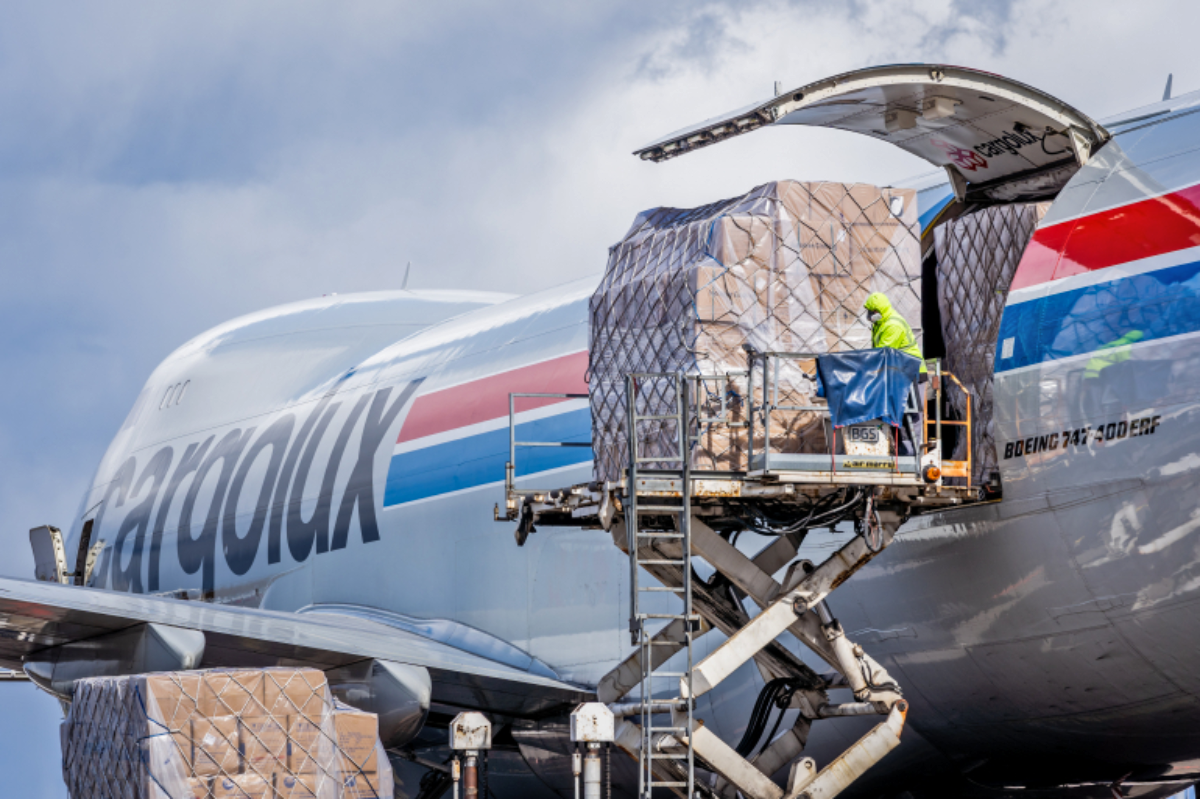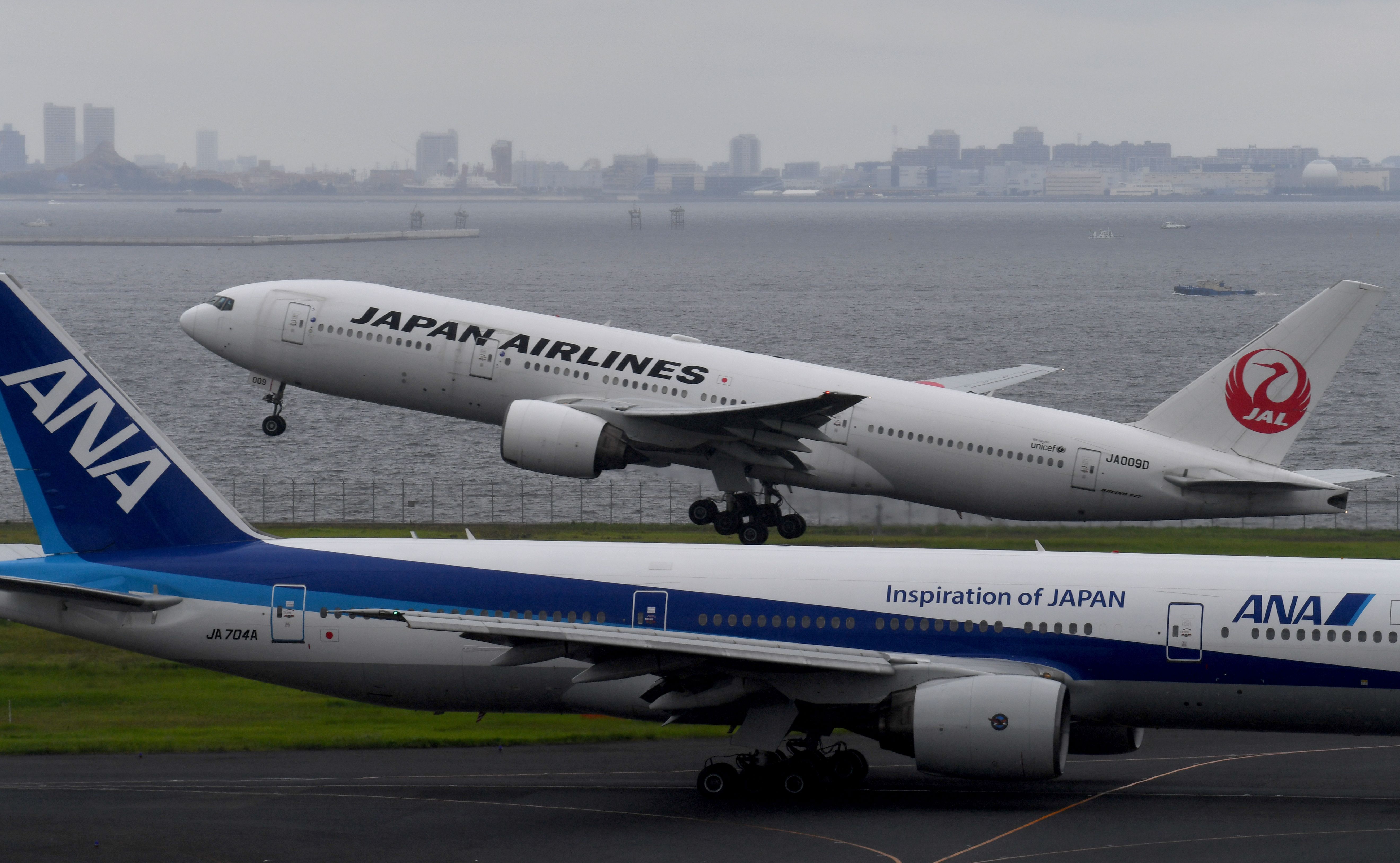With Shanghai in lockdown, flights to Shanghai's big airports are slowing to a trickle. But it's not only passenger flights feeling the capacity crunch. Cargo operators are also pausing cargo flights to and from Shanghai's airports. One of the big cargo airlines in Shanghai, CargoLux has already suspended all flights to Shanghai Pudong Airport (PVG) until at least April 2 and other airlines are following CargoLux's example.
A raft of airlines cut cargo flights to Shanghai
Shanghai is enduring a nine-day two-stage lockdown. Around 28.5 million people live in the city and until Friday, the eastern half of the city remains shut down. From Friday, April 1 through to Tuesday, April 5, the western half of the city will close down. Public transport is suspended and while essential workers are allowed out, getting to work is a problem.
Many factories and warehouses are closed and other unsung, but vital cogs in the cargo industry aren't able to operate normally - and that's impacting the amount of cargo that makes it to the airports or is transported from airports.
Global shipping company Crane Worldwide Logistics confirms Singapore Airlines, Qatar Airways, China Cargo Airlines, Turkish Airlines, Air China, China Eastern Airlines, and China Southern Airlines have all canceled some or all freight flights to and from Shanghai.
Singapore Airlines has canceled the majority of its flights to and from Shanghai between March 30 and April 2. Turkish Airlines has canceled three flights - TK6481 on April 1, TK6479 on April 2, and TK6522 on April 4.
Qatar Airways has canceled all flights to Shanghai Pudong between March 31 and April 5. Both Japan Airlines and All Nippon Airways canceled cargo flights to Shanghai on Monday and Tuesday because their Shanghai employees could not get to work.
Worker shortages and permit problems cause a Shanghai cargo choke
Among the Chinese airlines, China Cargo Airlines canceled a flight on Tuesday to Amsterdam. Air China, China Eastern, and China Southern have all canceled some flights to Los Angeles and Chicago O'Hare.
"Some logistics parks around PVG airport are locked down, and a lot of warehouses are affected. Due to limited staff on duty, the customs clearance was extremely slow on March. 28th. Some companies have tried to apply permits for staff and trucks, but the permit only allows them to move inside the logistics park," says a Crane customer advisory. "They cannot go out of the logistics park and send the cargo to terminals, even after customs release. Thus, some warehouses have decided to suspend operation till April 1st or the end of Pudong lockdown.
"Cargolux have announced to suspend their PVG frequencies until April 2. They will provide their next update by Thursday, April 1, when they expect to resume operations to/from PVG. Other airlines are watching and very likely will adjust their schedule at the last minute without prior notice."
"Many freighters are also expected to be canceled from/to PVG due to lack of handling manpower caused by the urgent lockdown, added to the reduction of international passenger flights to PVG already since March 21. This will result in more severe shortage of capacity to and from PVG."
Shanghai lockdowns add to air cargo capacity problems
The Shanghai lockdowns are (so far) shorter than the lockdowns authorities have imposed on other Chinese cities. Some analysts suggest this is because Chinese authorities are acutely aware of the importance of Shanghai as an import/export hub. China is the world's biggest exporter and China's economic well-being relies on the free flow of goods through cities like Shanghai.
Globally, even a temporary reduction of cargo and passenger airline capacity in Shanghai will put further pressure on already limited cargo capacity and further disrupt already disrupted supply chains.



